It’s very easy to sympathise with the view that planning ahead is basically pointless. Technological and social change seem to happen at an ever-increasing pace and to threaten the basic way in which our industries work, and indeed in how our lives are organised. As if that didn’t make it difficult enough, there are all the stresses of the present: rising costs, increasing competition and customers expecting more for less every day. And, of course, the future rarely turns out as predicted anyway. Those of a certain age will have grown up with the notion that by the year 2000, we would have human colonies on the Moon and that we’d be piloting egg-shaped flying cars. But nobody predicted the internet, the iPhone, or that we’d still be crawling along crumbling roads in egg-shaped SUVs burning diesel or carrying half-a ton of batteries.
Planning isn’t easy, but in business those with a plan are more likely to achieve something than those just reacting to whatever comes along. Five or 10 years from now, those who have ’succeeded’ (by whatever criterion they measure ’success’) are likely to have had a plan.
a twist of fate
Without planning, if you’re still in business five years from now, it’ll just be down to luck a simple twist of fate. Any plan for the future should start with a realistic assessment of where your business is today. Is it profitable, and what is it worth right now? A quick answer to both questions should be found in your accounts assuming that those are accurate and up to date. If you suspect that they don’t meet both of those requirements, do something about it.
Find an accountant who knows your industry. However, accounts are essentially historic documents especially when it comes to the value of key assets such as land and buildings. They record what you paid for them when they were acquired. To establish what your business might really be worth (if you wanted to sell it) find a property agent who knows your industry. Not only will they be able to tell you what those assets might fetch in today’s market, but they’re also likely to know who is looking for what in that market. Twenty years ago many single-site operators tended to look at the possibility of an offer for their site from one of the big supermarket chains as a sort of ultimate ’get-out ticket’ if they wanted to sell up. Today that has largely disappeared, but the specialist forecourt property agents will know who else might be in the market for a site like yours. At least knowing the potential value does give you an idea of what security you might be able to offer a lender if your plan is to include financing business expansion.
Once you have a realistic valuation of your business, make a will (or if you already have one, update it). Your plan may not include specific reference to death, but it’s always a possibility, and at least if the Grim Reaper does call you early, you’ll go knowing that you’ve done as much as possible to keep your business out of the hands of HM Treasury. It really never ceases to surprise professionals how few clients have made a will certainly as far as those clients in their thirties or forties are concerned. Why not? It’s not difficult and doesn’t cost a lot to do through your accountant or solicitor; and yes, like most things, you can do it yourself through the internet.
Your retirement
So you’ve established the potential value of your business, and made your will. Next step is to look at retirement. Your plan may not actually envisage your retirement within five or 10 years it might be that you do intend running an operation twice its present size but in either case you still need to look at your pension fund. If you don’t have an Independent Financial Advisor specialising in pensions, go to your accountant, and they’ll recommend one. They will look at whatever is in your pension pot at the moment and tell you how much you’ll need to put in every year if your plan includes a comfortable retirement at any time but especially within a relatively short period such as five or 10 years. That’s important because it gives you an idea of what your business will need to generate during that time just to cover your eventual retirement even without any other factors within your plan.
Now that you’ve established what you’re worth today, secured that part through your will, and worked out what you’ll need in the future, you’re ready to fill in the bit in between: how to get from here to what you want in 2024 or 2029. The Plan. If you’re stuck, we have a suggestion: get help find an accountant who understands your industry.





















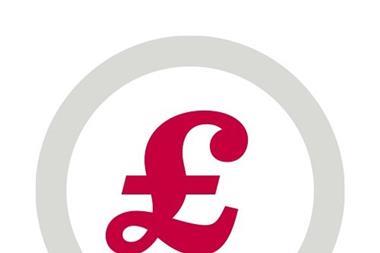
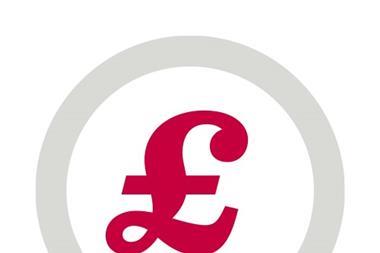
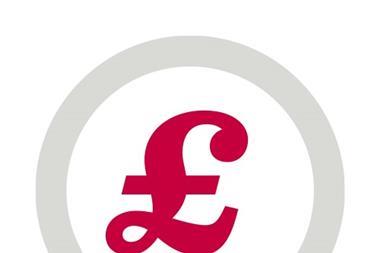
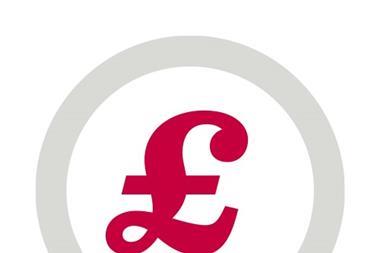
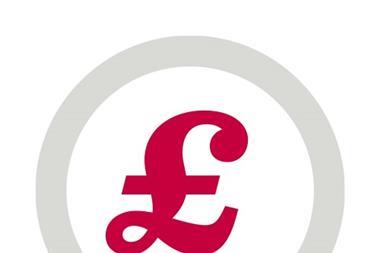
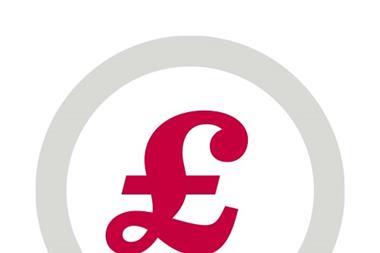
No comments yet